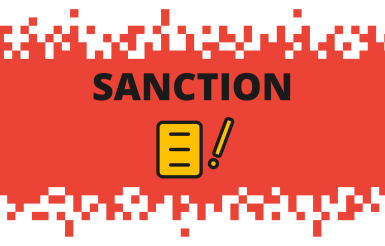Cookies equally easily accepted or refused: the CNIL sends a second series of orders to comply
After the twenty orders sent in May 2021 calling for the recipients to bring themselves into compliance with the law, the CNIL chair gave formal notice to forty other organisations that still do not allow Internet users to refuse or accept cookies as easily. The CNIL will continue to monitor this issue and, if necessary, will take new corrective measures against non-compliant organisations.
As announced a month ago, the CNIL is pursuing its overall strategy to ensure compliance by organisations that make use of cookies. In this regard, at the end of May, the CNIL chair ordered about twenty organisations to correct their improper practices, what they ended up doing.
However, some organisations are still not in compliance with the legislation on cookies. This situation is not acceptable.
Consequently, the CNIL chair has decided to issue new orders to around forty organisations with non-compliant practices. They have until September 6, 2021 to bring themselves into compliance.
Those affected by these orders include:
- four major digital economy platforms;
- six major information technology hardware and software manufacturers;
- six online consumer goods companies;
- two major players in online tourism;
- three car rental companies;
- three major players in the banking sector;
- two large local authorities;
- two online public services;
- an energy industry participant.
This new campaign of measures complements the procedures underway before the restricted committee of the CNIL (the body responsible for issuing sanctions) and which may result in fines of up to 2% of the turnover.
The CNIL has a monitoring policy orientated over the long-term. Other verification campaigns and remedial measures will be carried out at the start of the school year in order to ensure the privacy of French Internet users is respected. This is to ensure the effectiveness of the work initiated by the CNIL 2 years ago which notably assumed concrete form, on 1 October 2020, in the adoption of the guidelines and recommendation.


